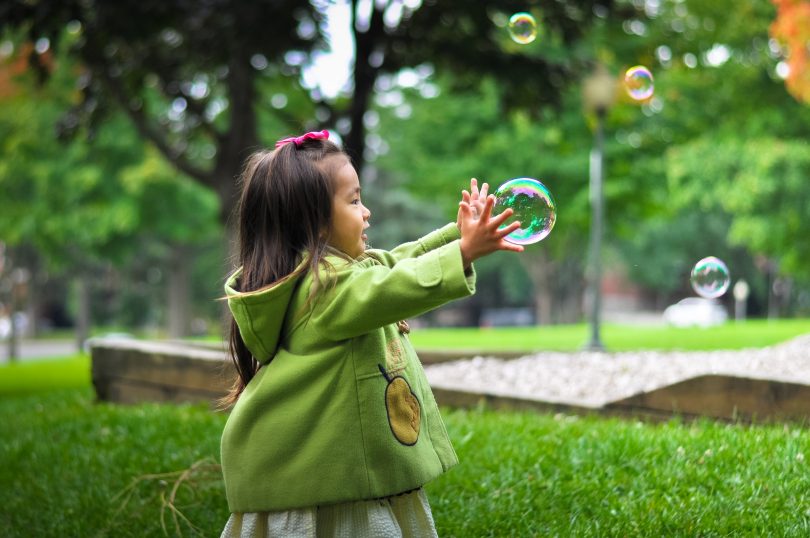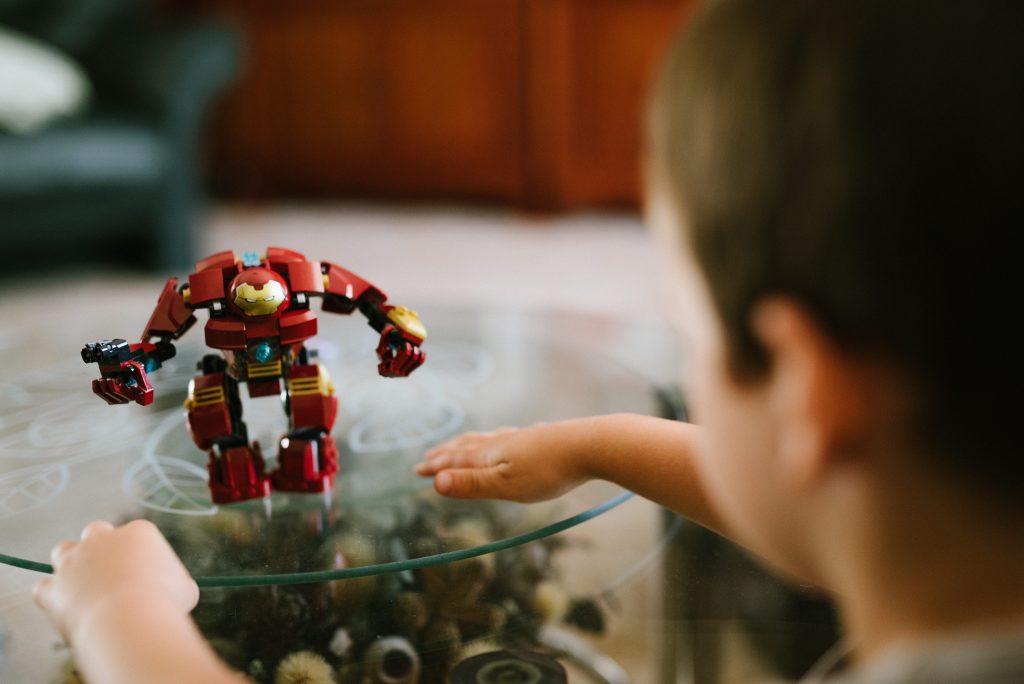Do you believe in elves? Probably not. But there was a time when their existence was a possibility. A world where Santa co-existed with fairies, unicorns, magic and mystery and anything was possible. The idea of fantastical creatures and magic sparks the imagination and inspires creativity. But this sense of wonder is ending early with modern kids.
Believe it or Not
New research commissioned to mark the release of Smurfs: The Lost Village on Blu-ray and DVD shows that modern kids stop believing in magic as young as six years old. Modern children don’t seem to be fooled for as long as we used to be. Children as young as 6 are no longer buying into the make belief and magic. They know unicorns and dragons aren’t real. And that’s a little sad.
There was always one child who made a magician’s life harder; calling out his tricks and trying to pick holes in the magic. The same kid rolled their eyes when you spoke about Santa and his elves. They were insulted that an adult would try so hard to pull the wool over their eyes.
But back then it was just the odd kid. And even then, said skeptical child was around 8 or 10 and feeling suitably foolish for having believed in so much fantasy and make belief. These days the age of innocence is ending sooner and for some parents this loss of wonder and fantasy is happening too young.
Reality check
Access to the internet and social media could be one reason for the change, with four in ten of the parents surveyed blaming modern technology for the decline. These days children have more access to information which can dispel the very myths and stories that make childhood fun. Outdoor games which allowed children to use their imaginations and engage in make belief have been replaced with indoor gaming.
Work also has a knock on effect, with a third of parents worrying that too much time working has led to less quality time with their children as a family. The knock-on effect being children spending more time online and less time playing at make belief.
A third of parents also admitted to relying on technology for that dose of magic and wonder, handing their child a tablet to play a game when they were pressed for time.
End of Innocence
The results of the research have concerned some parents who are worried that their children are losing their innocence too soon. A fifth of mums and dads claimed to believe in magic up until the age of 10, compared to 2% of kids today.
One argument for this loss of wonderment is the world being more depressing. Children used to be sheltered from the information which is now so easy for children to access from their, phones, tablets and the TV. Children are aware that these problems are not being solved with spells and magic. And that depressing reality may also be feeding into this rejection of the fantastical.
Encourage Make Belief
Chantelle Hazelden, parenting expert and founder of Mama Mummy Mum urges parents to make time to play with their children. Getting outside and engaging in imaginative make belief games will keep the kids creative and allowing them to enjoy being kids.
Even if parents aren’t sure where to begin and don’t know how to start a game they shouldn’t be afraid to give it a ago. Children are creative and take the lead in fantasy games. The kids aren’t the only ones to benefit from engaging in make-belief. A third of parents admitted playing with their kids helped them to shake off stress and and even restored their own sense of magic and wonder.











